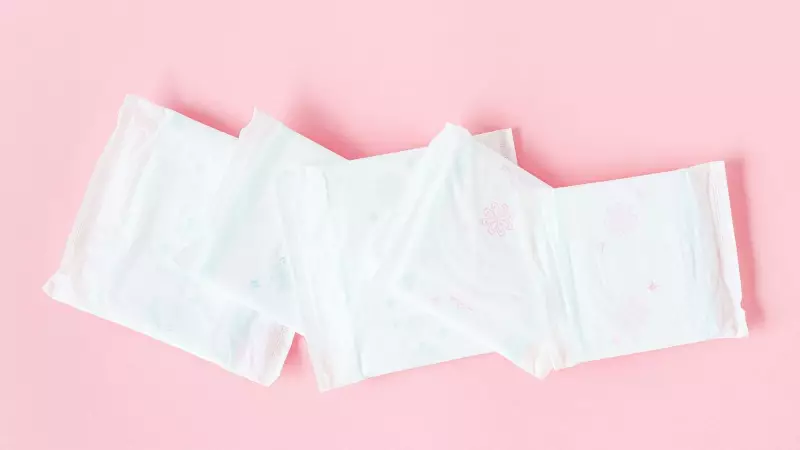
In a bold move that could transform the lives of millions, Pakistani human rights lawyer Maheen Sultan has launched a legal battle against what activists call the "period tax" - a controversial sales tax imposed on menstrual hygiene products across the country.
The Heavy Cost of Being a Woman
Pakistan imposes a significant 10% to 18% sales tax on essential menstrual hygiene products including sanitary pads, tampons, and menstrual cups. This taxation policy affects approximately 109 million women and girls in Pakistan, many of whom already struggle with financial constraints and limited access to basic healthcare.
"This tax is fundamentally discriminatory," asserts Maheen Sultan in an exclusive interview. "It specifically targets women for a biological function they cannot control. We're essentially penalizing half our population for being born female."
Economic Barriers to Basic Dignity
The financial implications are staggering for many Pakistani families. A single packet of sanitary pads can cost between 150 to 300 Pakistani rupees, making them unaffordable for countless women, particularly in rural and low-income communities.
This economic barrier forces many women to resort to unsafe alternatives such as old cloth, newspapers, or even leaves, significantly increasing health risks including infections and reproductive health complications.
Legal Battle for Gender Equality
Maheen Sultan's petition, filed in the Sindh High Court, argues that the menstrual product tax violates multiple constitutional provisions guaranteeing gender equality, dignity, and the right to life. The case represents a watershed moment in Pakistan's ongoing struggle for women's rights and bodily autonomy.
"This isn't just about removing a tax," Sultan explains. "It's about recognizing that menstrual hygiene products are not luxury items but essential healthcare necessities. The government should be making them more accessible, not putting them further out of reach."
Broader Implications for Women's Rights
The legal challenge comes amid growing global momentum to eliminate taxes on menstrual products, with several countries including India, Australia, and the United Kingdom having already abolished similar taxes. Pakistan remains among the few nations that continue to tax these essential items.
Women's rights organizations across Pakistan have rallied behind Sultan's initiative, organizing awareness campaigns and gathering public support for the cause. Social media campaigns using hashtags like #EndThePeriodTax have gained significant traction, amplifying the movement's reach.
The Road Ahead
While the legal proceedings continue, the case has already sparked crucial conversations about menstrual health, gender equality, and economic justice in Pakistan. A favorable ruling could set a powerful precedent for women's rights not only in Pakistan but across South Asia.
As Sultan powerfully states, "This fight is about acknowledging that menstrual dignity is not a privilege but a fundamental right. When 109 million women are affected by a policy, it's not just a women's issue - it's a national issue that demands immediate attention and action."






